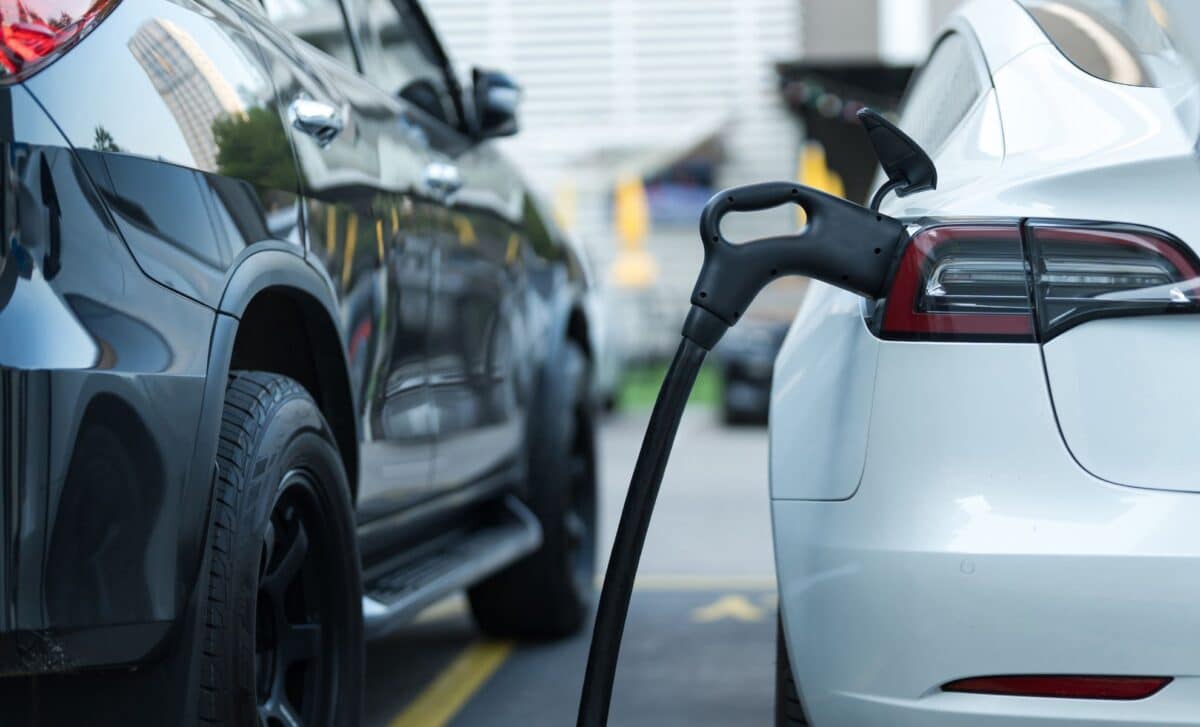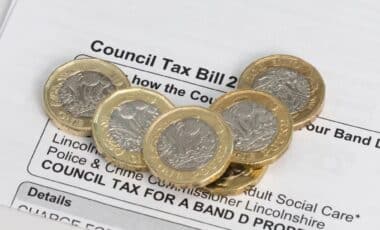Electric car owners in the UK could face new costs from April 2025, but a little-known tax renewal opportunity might help some drivers delay payments.
With changes set to align electric car and EV taxation with petrol and diesel vehicles, many owners are looking for ways to save before the deadline.
Daily Record reports that a simple online process could extend the current tax exemption for another year, offering a temporary reprieve before the new charges take effect.
Upcoming Tax Changes for EV Drivers
Electric vehicle (EV) owners in the UK have until 31 March 2025 to renew their road tax and avoid paying the new £195 annual fee that will take effect from 1 April 2025.
The change, introduced as part of a revised taxation policy, will bring EVs in line with petrol, diesel, and hybrid vehicles for the first time.
Currently, EVs registered before 1 April 2025 are exempt from road tax. However, from April next year, all EVs registered between 1 April 2017 and 31 March 2025 will be required to pay the same £195 Vehicle Excise Duty (VED) as petrol and diesel cars.
Additionally, EVs costing £40,000 or more will be subject to the expensive car supplement starting from their second year on the road.
How EV Drivers Can Extend Free Tax for Another Year
According to motoring expert Sam Sheehan, EV owners can delay the tax charge by renewing their road tax before the 31 March deadline. Since EVs are currently exempt, early renewal allows them to continue benefiting from this exemption for an additional year.
To complete the renewal, drivers will need their vehicle’s number plate and 12-digit reference number from their V5C logbook. The process can be completed through the UK Government’s online tax renewal portal.
Sheehan explained that typically, renewing road tax early can result in overlapping payments, but since EV road tax is still free until April 2025, this will not be a concern.
Impact on New and Existing EV Owners
The upcoming tax changes will impact both current and future EV owners in several ways. Vehicles registered between 1 April 2017 and 31 March 2025 will be required to pay the £195 standard tax rate from April 2025, ending the previous exemption.
Meanwhile, new electric car EVs registered from 1 April 2025 will no longer benefit from free road tax and will instead be subject to standard VED rates.
Additionally, EVs costing £40,000 or more will face the expensive car supplement, significantly raising ownership costs.
Another key change is the first-year tax rate for new EVs—currently, this varies for petrol and diesel vehicles based on CO₂ emissions, but from April 2025, all new EVs will pay a fixed £10 first-year tax, removing the full exemption that previously applied.
With approximately 1.4 million EVs on UK roads, experts estimate that these changes could collectively cost drivers £273 million annually.
Warnings About Tax Scams
With these changes approaching, drivers are being warned about scam VED payment requests. Rhydian Jones, an expert at Confused.com, reports that some motorists have received fraudulent emails or text messages falsely claiming to be from the DVLA.
These messages request road tax payments and contain fake links, which could lead to financial losses if clicked.
Jones advises drivers to always check their road tax status via the official UK Government website and avoid responding to unexpected messages requesting payments.
Car tax needs to be renewed once per year, and any emails or texts suggesting otherwise should be treated with caution.









